Can a Weak Car Battery Cause ECU Problems – Save Your ECU From Harm!
Yes, a weak car battery can cause ECU problems. It disrupts the signals between sensors and the ECU, leading to poor engine performance, false error codes, and even stalling.
To avoid costly repairs, monitor your battery’s health regularly, and replace it when needed to maintain your car’s optimal performance.
Understanding the Role of the ECU in Modern Cars
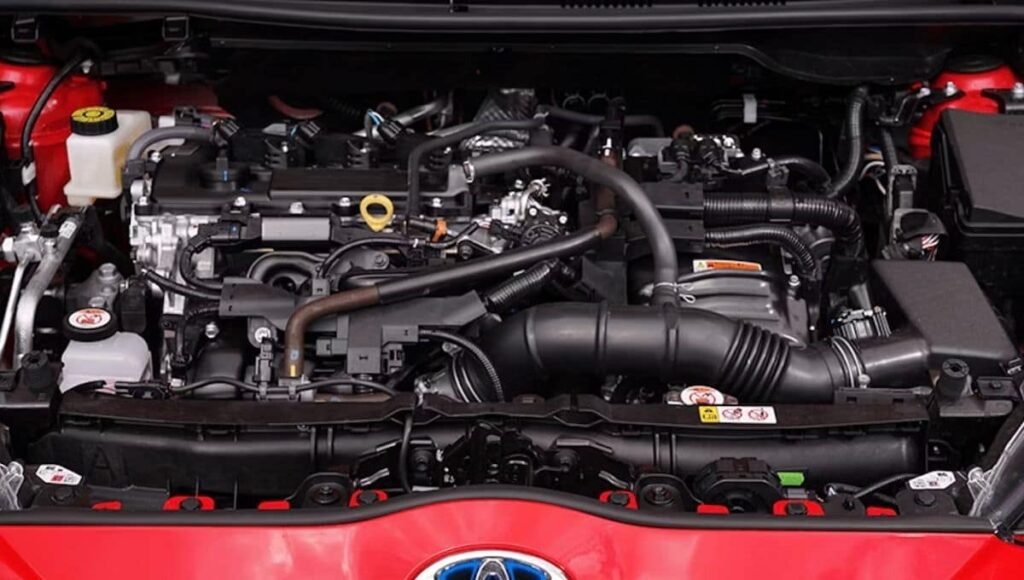
What is the ECU and How Does it Function?
The ECU, often referred to as the car’s brain, is a small but powerful computer that manages the performance and behavior of the engine and other critical systems.
This device collects data from various sensors within the vehicle, processes it in real time, and adjusts operations to maintain efficiency, safety, and reliability.
Whether it’s controlling fuel injection, regulating air-fuel mixtures, or optimizing the ignition timing, the ECU is responsible for making complex decisions that affect every aspect of your car’s performance.
The Importance of the ECU in Vehicle Performance
Without the ECU, the modern car would not be able to function as smoothly or efficiently. It ensures that fuel consumption is optimized, emissions are kept in check, and engine power is maximized.
In newer vehicles, the ECU can also control safety systems like traction control, stability control, and even some advanced driver assistance systems (ADAS). Essentially, the ECU orchestrates a symphony of components, working together to deliver peak performance under a variety of driving conditions.
Critical Systems Controlled by the ECU
Beyond engine management, the ECU also governs a variety of other critical systems in a car. These include the transmission, which relies on ECU input to shift gears at the appropriate times, and the anti-lock braking system (ABS), which is modulated by the ECU during emergency stops.
Additionally, it can handle electronic throttle control, air conditioning systems, and even communication with other electronic control modules (ECMs) in the vehicle.
read also: Can a Weak Battery Affect Transmission Shifting – Shocking Truth!
The Relationship Between a Car Battery and the ECU
How the Battery Powers the ECU and Other Electronics
The car battery is the primary source of power for the ECU. When the engine is off, the battery provides the electricity needed to keep the ECU’s memory intact, ensuring that stored data such as error codes, fuel maps, and driving habits are not lost.
Once the engine starts, the battery continues to supply stable voltage to the ECU, in tandem with the alternator. This ensures that the ECU receives a consistent and sufficient amount of power to perform its operations effectively.
Why Voltage Stability is Crucial for ECU Performance
Voltage stability is essential for the proper functioning of the ECU. Any fluctuation in voltage—whether from a weak battery, poor alternator function, or faulty electrical connections—can disrupt the ECU’s ability to accurately interpret sensor data.
Inconsistent voltage can cause the ECU to make incorrect adjustments, leading to poor engine performance, erratic idling, or even stalling. In extreme cases, low voltage can corrupt the data stored in the ECU, necessitating costly repairs.
Symptoms of ECU Malfunctions Due to Power Issues
When the ECU is starved of the proper power it needs, the symptoms can manifest in several ways. You might notice your car struggling to start, unusual engine behavior, or dashboard warning lights flickering unpredictably.
Furthermore, issues like poor fuel economy, sluggish acceleration, and frequent stalling could be indicative of ECU malfunctions caused by insufficient battery power. Diagnosing these problems early is critical to prevent more significant damage.
Effects of a Weak Battery on ECU Functionality
Can a Low Voltage Battery Disrupt ECU Signals?
A weak or failing battery can indeed disrupt the signals sent between the ECU and various sensors. These disruptions often result in the ECU receiving incorrect or incomplete data, which it interprets as legitimate feedback.
As a consequence, the ECU might command inappropriate responses, leading to problems such as misfiring, rough idling, or loss of power. In some cases, the ECU may even fail to communicate entirely, rendering the car inoperable.
Common ECU Errors Triggered by Weak Battery Power
A weak battery can trigger a host of errors within the ECU. One common issue is the appearance of diagnostic trouble codes (DTCs) that are not actually reflective of any real malfunction.
These “false positives” are the result of the ECU being unable to differentiate between genuine issues and those caused by power irregularities. Drivers may see warning lights such as the “Check Engine” light or ABS warning, even though the underlying systems are perfectly fine.
Warning Lights and Dash Indicators to Watch For
When dealing with a weak battery, certain dashboard indicators can provide early warnings. Apart from the Check Engine light, other indicators may include low battery warning lights, ABS warnings, and even notifications from traction control or stability systems.
If these lights appear sporadically or in combination, it’s wise to have both the battery and ECU inspected for potential faults.
How Battery Voltage Fluctuations Impact ECU Diagnostics
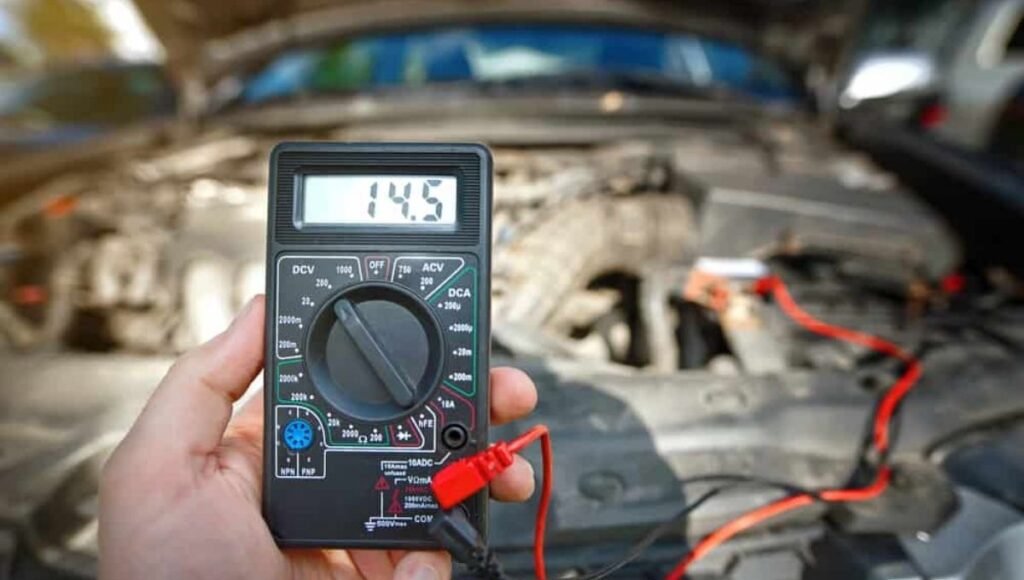
Why a Weak Battery Can Result in Faulty Error Codes
When a car’s battery voltage fluctuates, especially dropping below the necessary threshold, the ECU’s ability to read and record diagnostic data is compromised.
This can lead to the generation of erroneous error codes that confuse mechanics and make it difficult to accurately diagnose the real problem.
If the battery cannot supply a stable voltage, the ECU might assume there’s an issue with the sensors or systems it controls, even though the issue stems from the battery itself.
Understanding False Positives in Diagnostic Scans
False positives in diagnostic scans are a frustrating byproduct of a weak battery. These occur because the ECU, designed to flag irregularities in system performance, is misled by voltage irregularities into thinking there’s a malfunction.
This can lead to unnecessary part replacements or repairs if the real cause—the weak battery—is not identified early on. Proper battery testing is essential before diving into more complex diagnostic procedures.
Resetting the ECU After Battery Issues: Is It Necessary?
In some cases, after resolving battery issues, it may be necessary to reset the ECU. This allows the system to clear any stored error codes or incorrect data accumulated due to voltage irregularities.
Resetting the ECU can be done by disconnecting the battery for a short time, though modern vehicles may require specialized tools to properly reset and recalibrate the system.
read also: Is it OK to Leave Car Battery in Garage – Find Out Now!
Long-Term Consequences of Driving with a Weak Battery
Can Prolonged Battery Issues Cause ECU Damage?
Driving with a weak battery for an extended period can result in long-term damage to the ECU. The consistent strain caused by fluctuating voltage levels forces the ECU to operate under less-than-ideal conditions.
Over time, this can degrade its internal components, leading to permanent damage. Once the ECU is damaged, repair or replacement is often an expensive proposition, far outweighing the cost of replacing a weak battery.
Other Electrical Components at Risk from a Weak Battery
It’s not just the ECU that suffers from a weak battery. Other electrical components, such as sensors, actuators, and even infotainment systems, can experience failures due to insufficient power.
These components rely on a stable electrical environment, and without it, their lifespan is significantly reduced. The cost of replacing these parts, in addition to the ECU, can quickly add up.
Why Delaying Battery Replacement Could Lead to Costly ECU Repairs
Procrastination in replacing a failing battery is a gamble that often doesn’t pay off. What starts as a simple issue with battery voltage can snowball into larger electrical problems, including irreversible damage to the ECU.
Given the critical role the ECU plays, any delay in addressing battery issues could lead to hundreds, if not thousands, of dollars in repairs, not to mention the potential for vehicle downtime.
Preventing Battery-Related ECU Problems
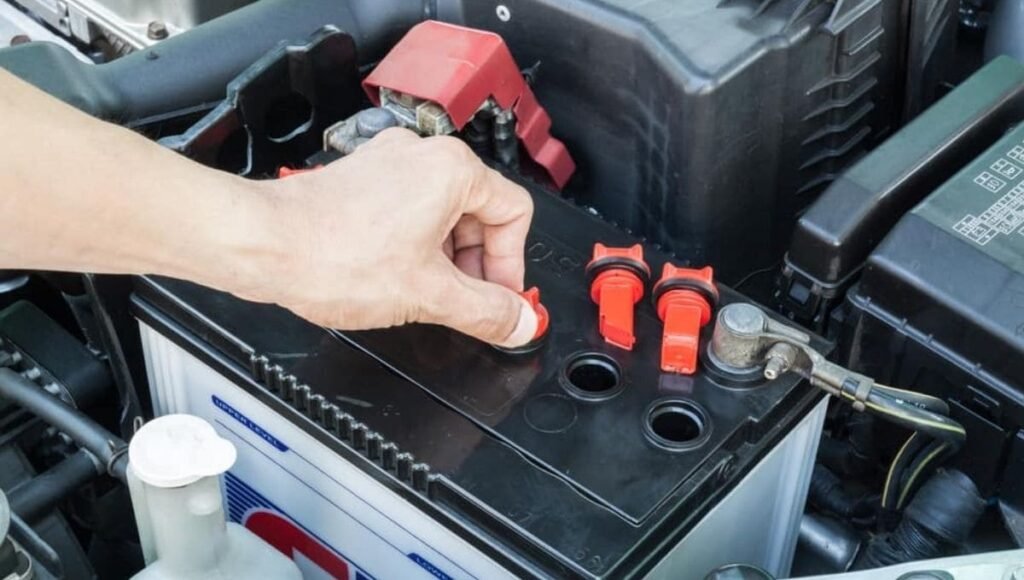
How to Monitor and Maintain Proper Battery Health
Maintaining proper battery health is key to avoiding issues with your ECU. Regularly inspecting your battery for signs of wear—such as corrosion on the terminals or bulging in the battery case—can provide early warnings of impending failure.
Keeping the battery connections clean and tight will ensure a steady flow of electricity, preventing many of the issues associated with weak batteries.
Best Practices for Testing Your Car’s Battery Regularly
Regular battery testing is one of the best ways to prevent unforeseen issues. A simple multimeter can measure your battery’s voltage and give you an idea of its health.
Most mechanics can perform load tests to simulate how your battery performs under stress, revealing hidden issues that might not show up in casual inspection. Conducting these tests at least twice a year is recommended, especially in regions with extreme temperatures.
When to Replace Your Battery to Avoid ECU Malfunctions
Batteries typically have a lifespan of three to five years, depending on driving conditions and climate. Once your battery nears the end of its expected life, it’s wise to consider replacing it preemptively to avoid straining your ECU.
If your vehicle has already exhibited symptoms of a weak battery, such as slow cranking or dim lights, don’t wait for a complete failure—replace the battery promptly to safeguard your ECU and other electrical systems.
read also: Can a bad battery cause acceleration issues – Here’s How!
FAQs:
1. Can a weak battery cause ECU problems?
Yes, a weak battery can disrupt ECU signals, leading to performance issues and diagnostic errors.
2. What are the symptoms of ECU malfunctions due to a weak battery?
Symptoms include difficulty starting, rough idling, poor fuel economy, and random warning lights.
3. Why does a weak battery trigger false error codes?
Low voltage can mislead the ECU into generating inaccurate diagnostic trouble codes.
4. Can prolonged battery issues damage the ECU?
Yes, sustained battery problems can cause long-term damage to the ECU, resulting in costly repairs.
5. How can I prevent battery-related ECU issues?
Regular battery maintenance, testing, and timely replacement can prevent voltage fluctuations that affect the ECU.
Conclusion:
A weak car battery can lead to significant ECU issues, affecting vehicle performance and triggering costly repairs. Regular battery maintenance and timely replacement are essential to prevent voltage fluctuations that can disrupt ECU functionality. Protect your car’s vital systems by ensuring your battery remains healthy and fully functional.
Read Also:
How Long Can I Leave My Car in Accessory Mode – What You Need to Know!
Can a Faulty Car Battery Cause Your GPS Tracker to Malfunction Due to Battery – Drain and Electrical Problems?
Can a Failing Battery Affect Your Car’s Fuel Pump – Shocking Truth!
Can a Battery Issue Cause Your Car to Overheat – Discover the Answer!
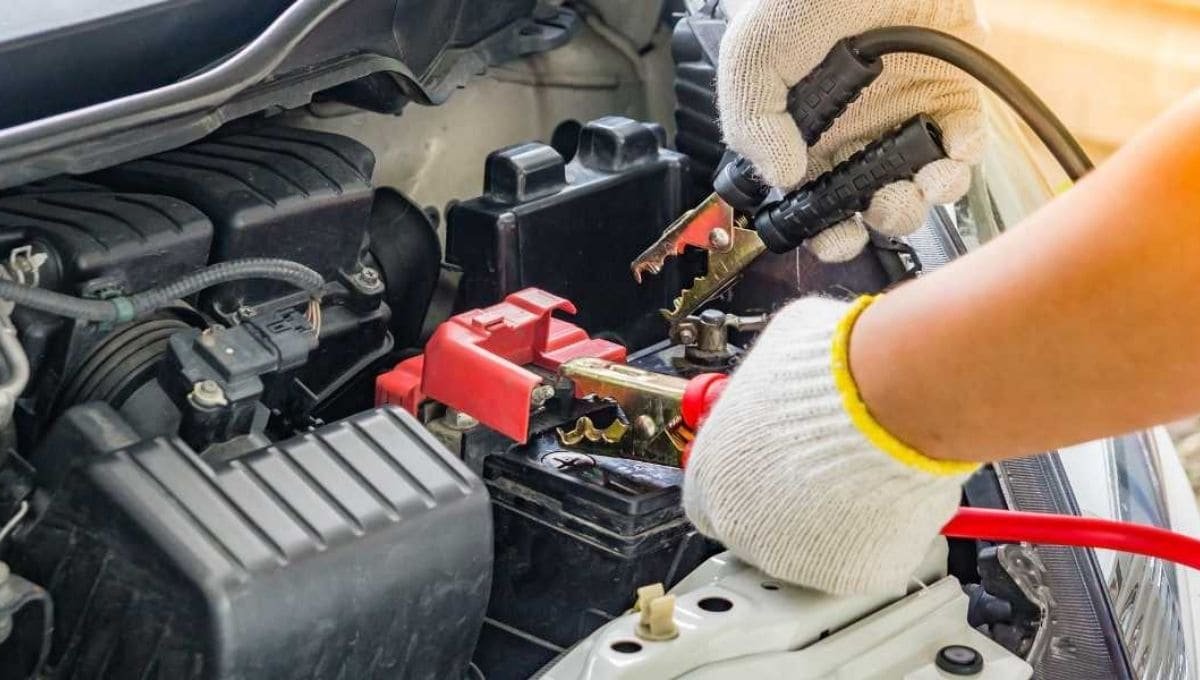

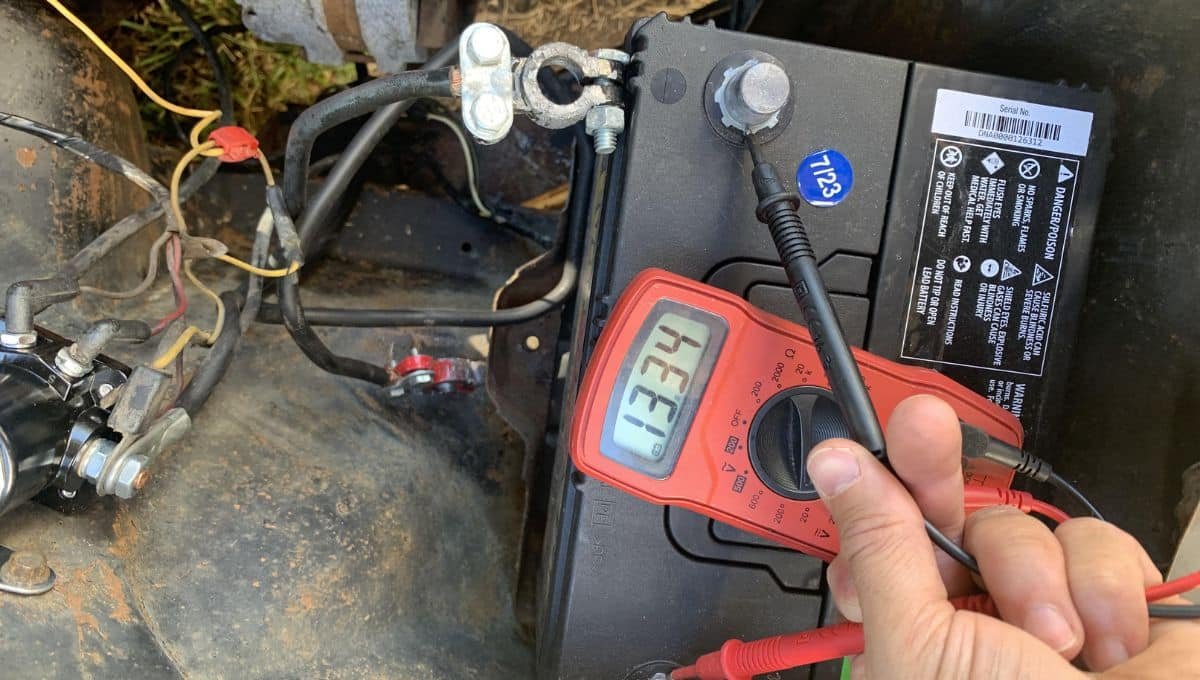


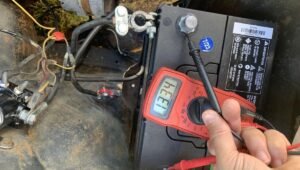







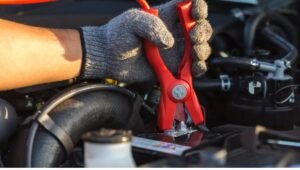
Post Comment